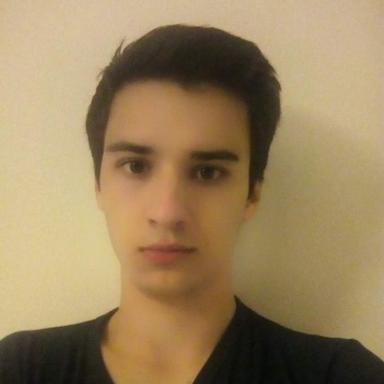On a day like today, but in 1976, the bloodiest period in Argentine history began. At three o'clock in the morning, Argentines learned that the military, commanded by Jorge Videla, carried out the sixth coup d'état in only fifty years. From that moment on, there was a total control over the media and art, forcing many channels to modify their programming and to silence several members of the national culture, where exile was the only option to be able to express themselves as they wished.
The various print, television and radio media received communiqués from the Executive Power "suggesting" that the broadcasting of hundreds of artists such as Atahualpa Yupanqui, Mercedes Sosa, Spinetta, Charly García and foreign bands such as The Beatles should be reduced.
The public television channels were divided between the Presidency and the three wings of the Armed Forces to maintain strict control. Censorship was exercised through the artistic directorates, which were managed by a "literary advisor", who read the scripts of the programs prior to their recording and "recommended" which themes could be broadcasted in order to avoid being blacklisted by the government. The main argument of the dictatorship was "the attack to the good values of the nation".
The comedic capos, among other important characters of the small screen, were limited. Carlitos Balá, for example, had a confrontation with the de facto government when he began to play in his program a character of a mischievous child whose catchphrase was "Mom, when are we going to get them? As the child did not speak correctly, the government considered that he was a bad example for those who watched the program and Balá had to abandon his character.
Something similar happened to the comedian Mario Sapag when he participated in the program "Operación Ja ja ja". There, the actor performed an imitation of Jorge Luis Borges. In July 1981, the COMFER issued a communiqué prohibiting the parody because it considered that "it was an attack against Argentine culture and the prestige of the writer". Against any prognosis of the intervention, the author of "El Aleph" criticized this state intervention and chose Sapag's great work because he had taken the effort to copy his "clumsy way of speaking".
As for radio music, Carlos Gardel was one of the most recognized to be censored. The tanguero, despite having died in 1935, could not be heard when accompanied by his guitar. The measure was implemented by Hugo Adamoli (one of the main interveners of the show) and his peculiar decision was justified because his wife "did not like Gardel when he played the guitar".
Children's literature was also repressed. The writer and singer María Elena Walsh, with her rebellious attitude that always characterized her, unloaded her repudiation and denunciation of the civil-military-ecclesiastical dictatorship in popular songs such as "La Cigarra", in which freedom and denunciation of injustice became a flag and a hymn of resistance. His book El reino del revés, which also gives its name to his famous song, was a victim of censorship, along with other stories such as Un elefante ocupa poco espacio (An elephant occupies little space) by Elsa Borneman.
As for youth programs, the series "Once upon a time man", a Canadian educational cartoon was lifted in the country due to questioning the creationist theory of evolution and the military dictatorship had a close relationship with the Catholic Church.
Censorship during the last military dictatorship in Argentina represented an attack against the fundamental rights of society. The imposition of censorship meant the silencing of dissident voices, the manipulation of information and the suppression of freedom of expression. Journalists, writers and artists were persecuted and censored, severely limiting society's ability to access truthful and plural information.
This dark period of Argentine history ended on December 10, 1983. This era reminds us of the importance of protecting and valuing freedom of expression as a fundamental pillar of a democratic society. The fight against censorship is a fight for truth, memory and justice. Keeping alive the memory of those years commits us to actively defend democratic principles and to ensure that the abuses of the past are not repeated in the future.


Comments